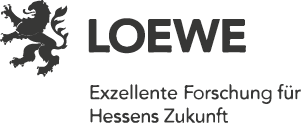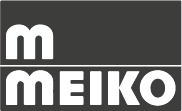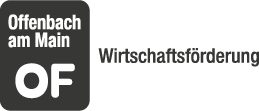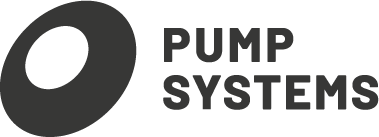Design is planning and anticipating the future. Design means designing for rational use and technical and social processes. It reflects social-technological developments for today and for the future. It continuously updates its methods and the necessary scientific, technical and practical contexts.
In the last 30 years, however, the tools of design have changed structurally: Today and in the future, design development is much more based on digital methods (construction, communication) and on intellectual exploration of the design interdependencies and contexts of the social-technological fabric (cultural considerations).
In the Industrial Design department of Prof. Frank Zebner, innovative scenarios for disruptive situations are designed in a comprehensive and networked design approach in order to contribute to the improvement of human coexistence and interaction as a whole.
Three fields play a decisive role here:
1. Design & Sciences: sciences and theories, such as philosophy, statistics, ecology, sociology, aesthetics and many others, consider future-relevant topics and causal relationships from a human perspective.
2. Design & Technologies: New technologies such as augmented and virtual reality, nano and sensor technology, artificial intelligence, material technology and many more bring process-oriented expertise to planning and development.
3. Design & Thinkings: Thinking and design strategies such as discussion, approximation, research, empiricism and other scientific and design approaches guarantee continuous impulses and a constant increase in knowledge – for start-up scenarios as well as for company transformations.
The methodical approach from these three problem-oriented perspectives is practiced (teaching) and implemented (research) in design projects.
Nevertheless, designer:inside and design in essence remain what it has always been: an epistemic approach to unsolved issues with the help of visualization. Often still with pen and paper. So designers are visualizers. Not much? We think it’s key!
↳ More information about the discipline of Technical Products and Product Systems can be found here.
The Industrial Design department is represented in teaching and research by Prof. Frank Zebner. Frank Zebner maintains scientific contacts and strategic partnerships with research institutions on all five continents. Among them are academies and universities in Beijing, Brisbane, Buenos Aires, Hangzhou, Havana, Hong Kong, Cape Town, Melbourne, Moscow, New York, Oslo, Tokyo, Seoul or Shanghai. In the future, these relationships are to be more strongly bundled in order to establish an international network for exchange and cooperation in the field of scientific design research and design development.
↳ More information about Prof. Frank Zebner can be found here.

































































